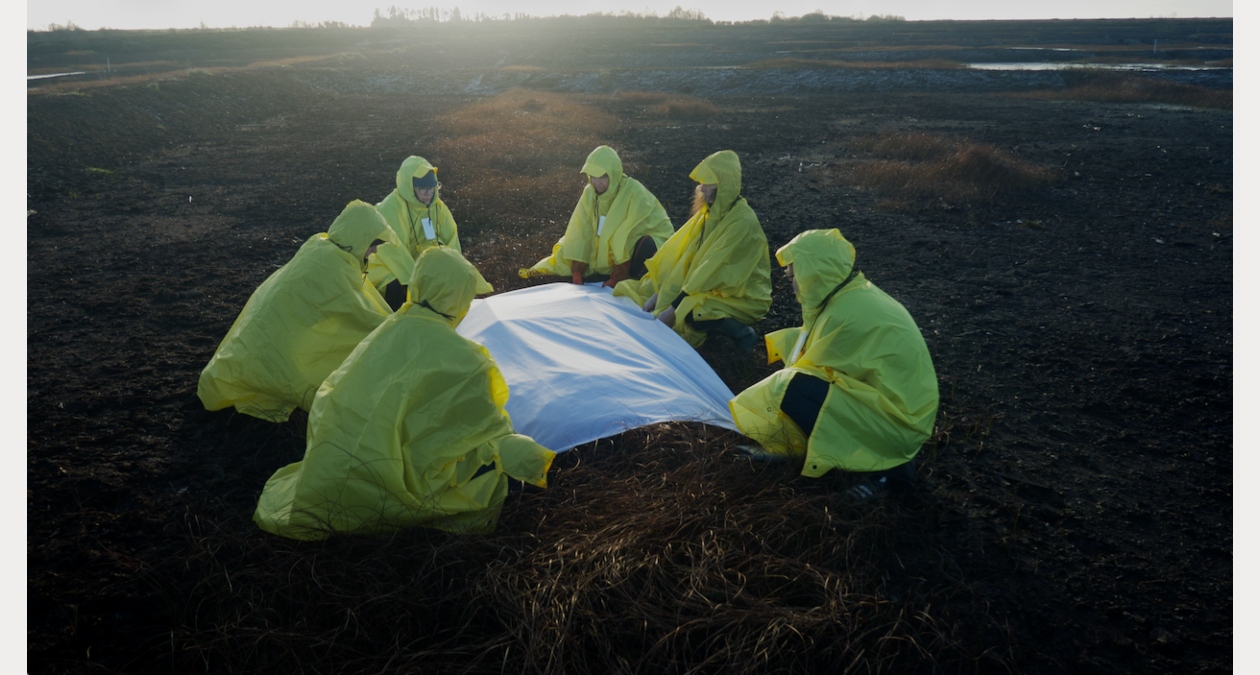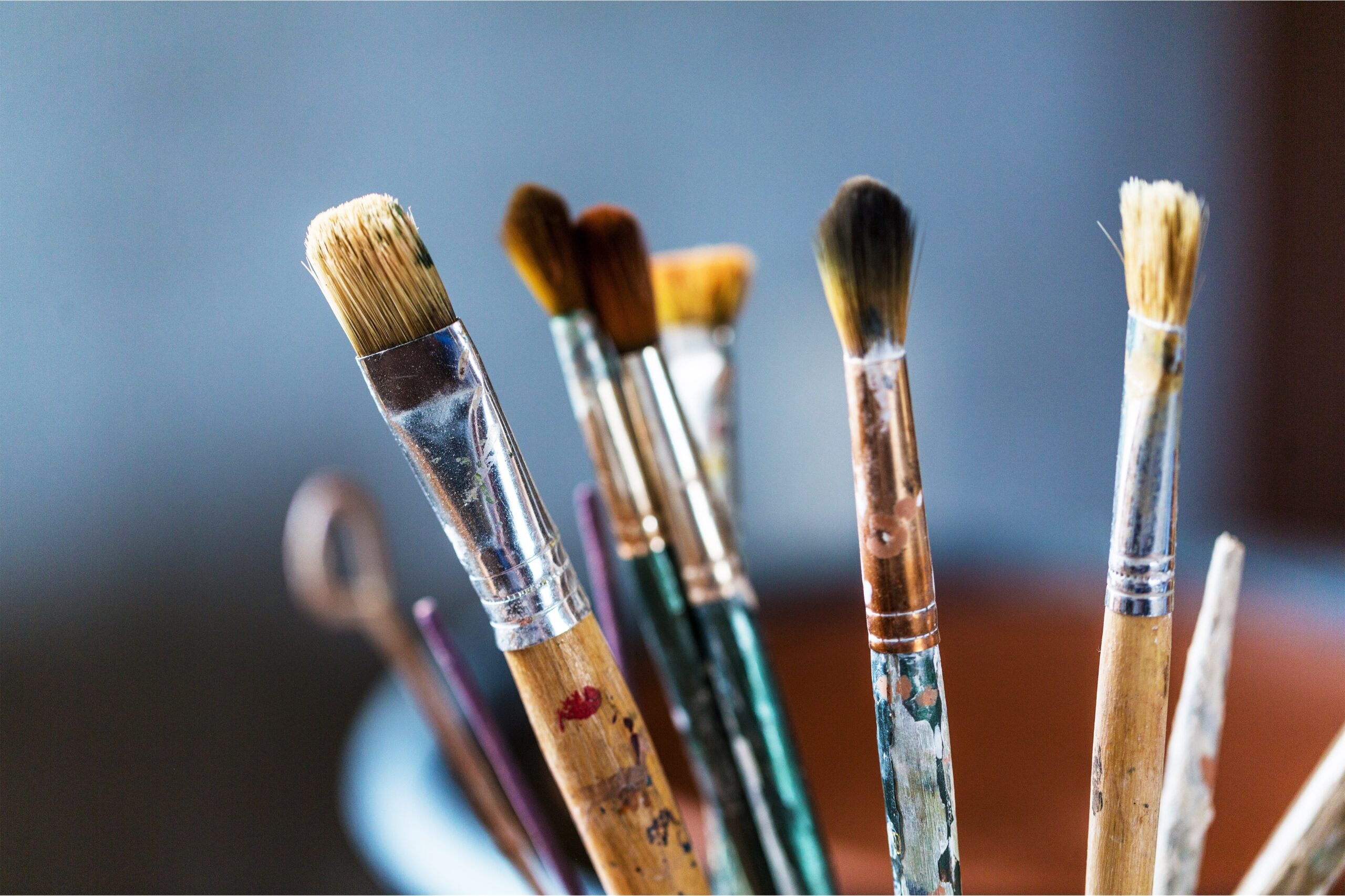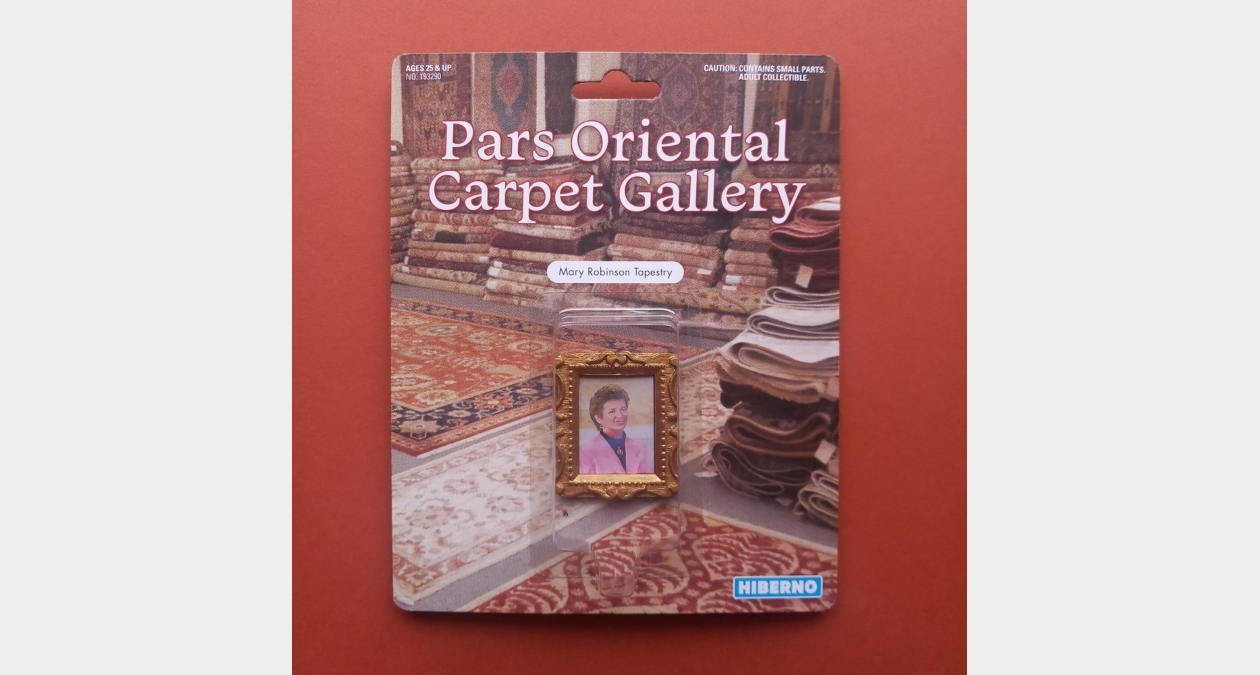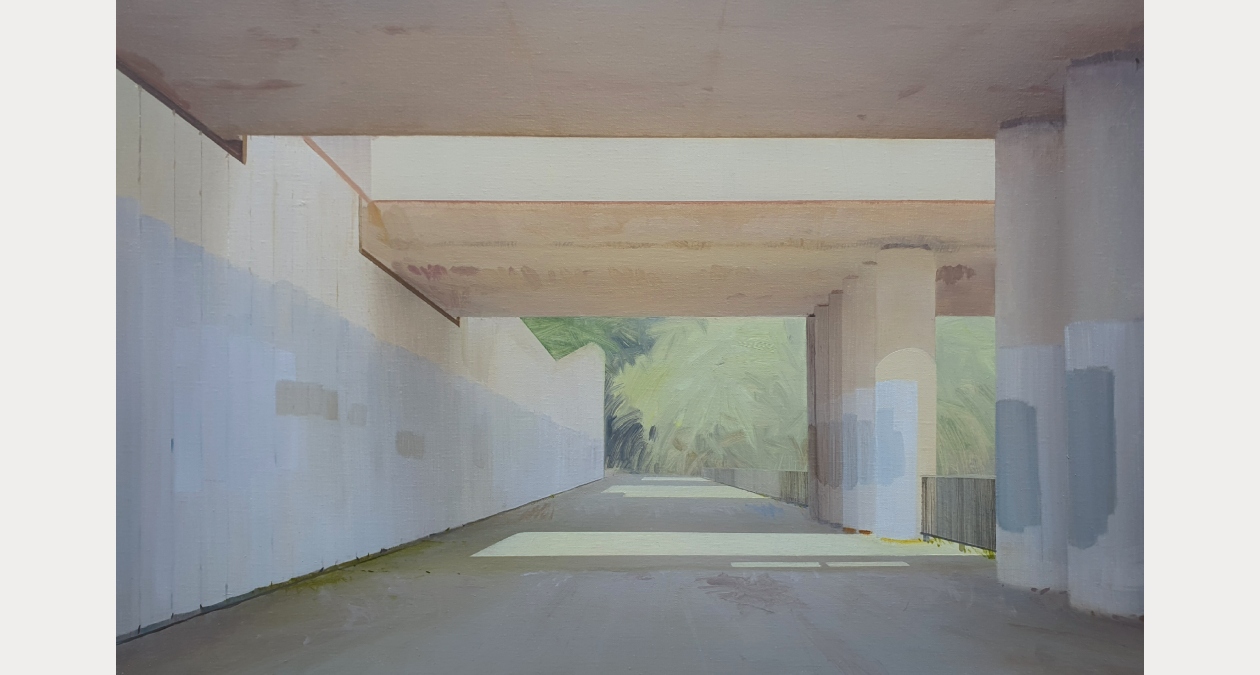Curators Notes, Ruth Carroll RHA Curator:
In March of this year, a statement was made via social media by rich woman sitting in her rose strewn bathtub that Covid-19 would prove to be the great leveller of society. Ridiculous in its delivery and message, we all now know that this situation in which the world finds itself has disproportionally affected the more vulnerable in our societies, and may continue to do so unless we take a radical approach to how we re-build our political, economic and cultural structures in a post Covid world.
The Precariat was a term first coined in the 1980s by French sociologists to define a sector of workers that existed within a system of labour insecurity. Guy Standing, in his 2011 book, The Precariat: The New Dangerous Class where he proposed basic income as a solution for addressing the problem (this is well worth a read). Ursula Burke’s series of artworks in this exhibition addresses the instability in our world, abuses of politics and the struggle of this emerging societal class. Maybe we are all defined as the Precariat due to the pandemic, I doubt it. We are all equal, but some are more equal than others. Like the woman in her bathtub……
But, we are hopeful for change. A more equitable society where all members of society are valued and no one is left behind. Today, I feel hopeful that this could be achieved, so that terms such as the Precariat are defined as from a not so distant past.
Exhibition Notes
Ursula Burke’s work explores abuses of power in the social and political realms of the West, often taking a Northern Irish context as a critical point of departure from which to generalise her approach to international concerns. Formally, her work appropriates tropes deeply invested in the classical and re-inserts them in the contemporary, aiming to create a conceptual bridge between the classical ‘ideal’ (in form/society) and the reality of contemporary, neo-liberal society.
The Precariat brings together a body of work that seeks to investigate the experience of insecurity, fast becoming a universal condition as we struggle to subsist in an impoverished and increasingly unstable civil society, in which personal solutions are prescribed to global problems.
This exhibition, her first Irish museum presentation, brings together three distinct areas of her practice: embroidery, porcelain and drawing. Embroidery friezes (The Politicians) are inspired by the Baroque and depict incidents of fighting politicians from all over the contemporary world. In the midst of rising global tensions, ideal versions of society unravel, and the reality of dissension is suspended in the threads. Using Parian porcelain, famed for emulating the carved marble sculptures from Antiquity, Burke adopts visual tropes and surviving fragments of the Classical tradition. Rather than enshrine the heroic or powerful, Burke captures the darker side of revolution and conflict, formalising violence caught at a moment in time. Her portrait-sculptures are imbued with a potent discomfort: the nameless faces of men and women, bruised and injured, never to be healed. Augury, a site specific wall drawing, is a recreation of an original Roman Fresco, titled Villa of Livia, which can be found at Palazzo Massimo in Rome. The original fresco is a natural impossibility of fecundity and abundance, illustrating nature in full bloom. Augury however is a contemporary recreation, stripped of any colour and bounty and instead oozes and weeps from its pores. Augury becomes a dilapidation of the original in form and concept.
Public Event
12 September, 5.30pm: Exhibition walk through, Ursula Burke, The Precariat



